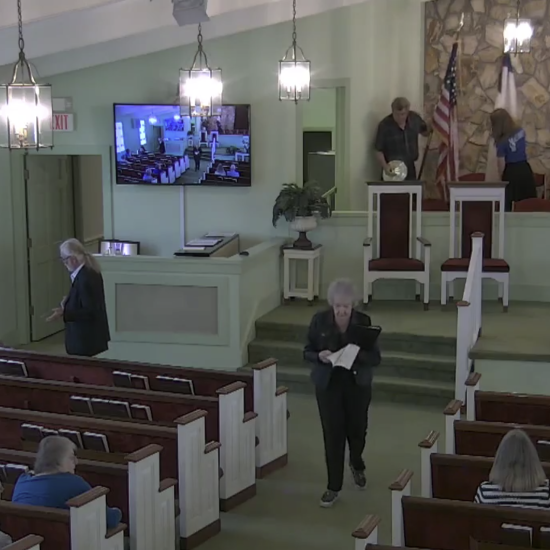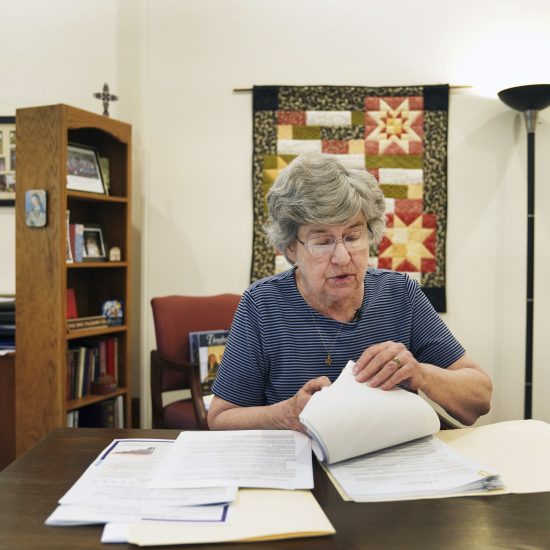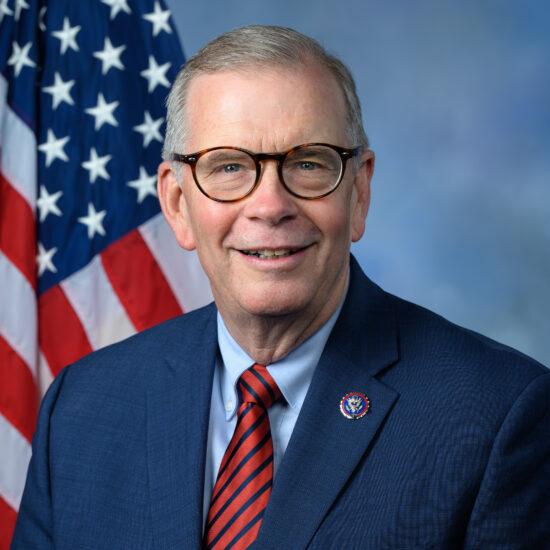ARLINGTON—Women outnumbered men in many Baptist churches in colonial America, but most of their names have been lost to history, church historian Pam Durso lamented.
“Some of the early Baptist church records did not even list the names of women members, and early histories of the Baptist faith in America gave little attention to the role and contributions of women,” she said. “Because of this lack of inclusion in the records, the voices of thousands of Baptist women will never be heard.”
Even so, dusty diaries and long-neglected minutes of church and associational business meetings reveal glimpses of the profound role Baptist women played during the colonial period, Durso, associate executive director-treasurer of the Baptist History & Heritage Society and executive director-elect of Baptist Women in Ministry, told the B.H. Carroll Theological Institute summer colloquy.
Women’s voices were not always silenced. Records of First Baptist Church in Providence, R.I., and minutes of Philadelphia Baptist Association reveal evidence that women were allowed—even required—to speak publicly in church before they were granted membership, she noted.
“In most Baptist churches, women who sought membership—just like their male counterparts—were expected to testify publicly of their conversion experience in order to be admitted as members,” Durso said.
Women’s involvement in church governance was severely limited, she noted.
“Most Baptist churches in early America did not let women participate in the making of financial decisions, but some allowed women to vote on specific church matters” such as calling a pastor, she said. Some churches also allowed women to testify on their own behalf during church disciplinary conferences—or report the misdeeds of other church members.
But in the late 18th century, Baptist women began to lose some of the privileges they had enjoyed earlier as churches sought respectability in the eyes of existing power structures, Durso observed.
“Churches that had once been open to women’s participation in some activities gradually moved away from such tolerance,” she said.






